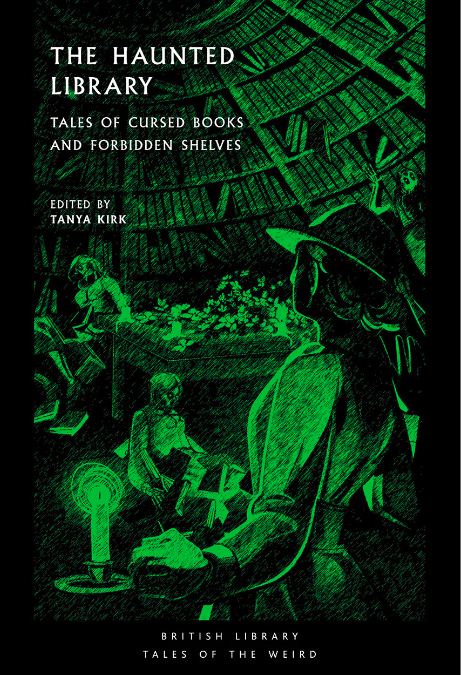As I had suspected, I had to resort to the world repository of second hand books to start to build up a collection of educational books about the Faith. The first I managed to get hold of is a modern reprint of Fr H Thurston SJ's Lent and Holy Week, originally published in 1914. It is amazingly good. It starts with Septuagesima and the Lenten Fast and traces the history of Lent and the fast, discurses on the severity of the Lenten Fast in antiquity, on relaxations of the Fast, and on whether or not birds counted as meat in mediaeval and early modern times.
Chapter Two starts with Shrove Tueday: as Confession on the day before Ash Wednesday has no liturgical character, where does it come from? and then goes into the difference between Confession, Penance, Reconciliation and Absolution (which four happened at different times during Lent), what happened to the person who, dressed in sackcloth and ashes was banished for six weeks, and how people who weren't carrying out this penance nevertheless began to get some of the ashes sprinkled on them on Ash Wednesday. His description of Holy Week as it used to be are fascinating, though they raise the question about whether those who would return to the pre-1950 Holy Week would be prepared to impose the former strict fast on the entire Church, just so that they could anticipate offices in order to mitigate the fast's severity. The Pian reforms are not perhaps as black and white as I had thought.
 Over at Catholic Book Reviews, Andrew recently reviewed a book I'd never heard of called Mitre and Crook, by Fr Bryan Houghton. He says: "In the best English tradition (and Fr Houghton would certainly have been aware of this) he uses letters to tell the bulk of the story, and this works exceedingly well.
Over at Catholic Book Reviews, Andrew recently reviewed a book I'd never heard of called Mitre and Crook, by Fr Bryan Houghton. He says: "In the best English tradition (and Fr Houghton would certainly have been aware of this) he uses letters to tell the bulk of the story, and this works exceedingly well.The plot is fairly straightforward. An English bishop, Edmund Forester (possibly the bishop Fr Houghton believed he could have become if he had not been so suspect because of his orthodoxy...) decided to reinstate the Traditional Rite of Mass in his diocese."
I was slightly less convinced by: "I first read it as an undergraduate; I picked it up out of idle curiosity from my mother's bookshelf one evening in the vacation. I did not go to bed until I had finished it in the small hours of the morning" but effectively the same thing happened to me - I read it through in one go!
 The only other "Tridentine novel" I have read is Smoke in the Sanctuary, by Stephen Oliver, which details what happens when a new PP of traditrionalist bent takes over a very untraditionalist parish. While not a comic novel, neither is it a serious literary attempt to write a novel about the Church post-Vatican II. It is entertaining as well as serious, and aims some excellent blows at the "Spirit of Vatican II" beliefs which infect so many in authority in the Church in England and Wales.
The only other "Tridentine novel" I have read is Smoke in the Sanctuary, by Stephen Oliver, which details what happens when a new PP of traditrionalist bent takes over a very untraditionalist parish. While not a comic novel, neither is it a serious literary attempt to write a novel about the Church post-Vatican II. It is entertaining as well as serious, and aims some excellent blows at the "Spirit of Vatican II" beliefs which infect so many in authority in the Church in England and Wales.Mitre and Crook is a very different proposition. It is much more serious and tells what might have happened if just one of the Bishops in England and Wales had dared to defy the Episcopal Conference consensus which has brought about so many of the problems we face today. Could what Fr Houghton portrays actually have happened? Who knows. But the manner in which the faithful had their Mass taken from them (for the second time in 400 years) and the trahison des clercs which caused it and saw it through are portrayed here in a series of letters which it is difficult to imagine could be written by any senior English or Welsh cleric today.
Lots to think about!
















































2 comments:
Glad you liked it Ttony - always feel it's risky recommending books as tastes are so personal.
Have you read All Glorious Within by Bruce Marshall? - an enchanting account of pre VII life in a parish.
A good source of second hand (antique) Catholic books is: www.catholicbooks.co.uk
Post a Comment